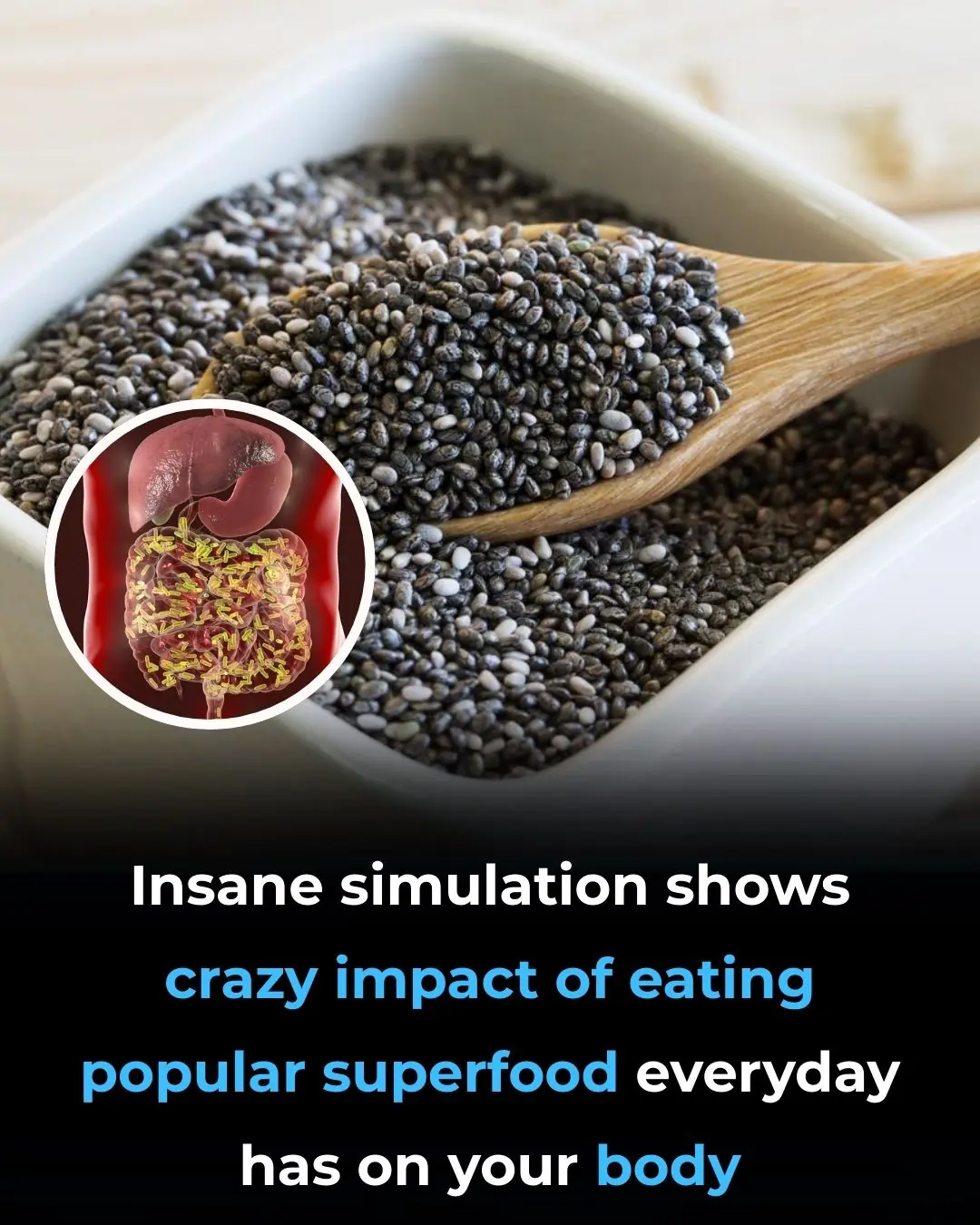
9 Medications That Can Negatively Interact With Green Tea
🍵 Green Tea and Medication: What You Need to Know Before You Sip
Green tea is often praised for its antioxidant properties, metabolism-boosting effects, and potential to reduce the risk of chronic diseases. But despite its many health benefits, green tea can interfere with certain medications—sometimes in serious ways. If you're taking prescription drugs or preparing for surgery, it's important to understand how green tea might affect your treatment.
⚠️ Why Green Tea Can Be Risky with Medications
Green tea contains compounds like:
-
Caffeine, which can overstimulate the nervous system or interact with stimulants.
-
Vitamin K, which can counteract blood thinners like warfarin.
-
Catechins, powerful antioxidants that may alter drug absorption or metabolism.
These components can either reduce a medication’s effectiveness or intensify its side effects.
💊 Medications That May Interact with Green Tea
Here are nine types of medications that may be affected by green tea consumption:
-
Blood Thinners (e.g., Warfarin) Vitamin K in green tea can reduce the effectiveness of anticoagulants, increasing the risk of blood clots.
-
Stimulants (e.g., Adderall, Ritalin) Caffeine can amplify the effects of stimulants, leading to insomnia, rapid heartbeat, or anxiety.
-
Beta Blockers (e.g., Propranolol) Green tea may reduce the absorption of these drugs, weakening their ability to control blood pressure.
-
Chemotherapy Drugs Catechins may interfere with how certain cancer medications are metabolized, potentially reducing their efficacy.
-
Antibiotics (e.g., Ciprofloxacin) Caffeine clearance may be slowed, increasing side effects like jitteriness or nausea.
-
Sedatives (e.g., Benzodiazepines) Caffeine can counteract the calming effects of sedatives, making them less effective.
-
Statins (e.g., Simvastatin) Green tea may alter liver enzymes that process statins, affecting cholesterol control.
-
Antidepressants (e.g., MAOIs) Combining caffeine with MAOIs can cause dangerous spikes in blood pressure.
-
Iron Supplements Tannins in green tea can inhibit iron absorption, especially from plant-based sources.
🆕 Bonus Insight: Green tea extract supplements often contain concentrated levels of catechins and caffeine, making interactions even more potent than with brewed tea.
🏥 What Doctors Recommend
If you're taking any of the medications above, consider these precautions:
-
Consult your physician before adding green tea or supplements to your routine.
-
Avoid green tea before surgery, as it may interfere with anesthesia or blood clotting.
-
Space out your tea and medication by several hours to reduce interaction risk.
-
Monitor for side effects like dizziness, heart palpitations, or unusual fatigue.
✅ Safer Alternatives
If you're looking for a soothing beverage that won’t interfere with medications, try:
-
Herbal teas like chamomile, rooibos, or peppermint.
-
Decaffeinated green tea, which has lower caffeine and catechin levels.
-
Warm lemon water, which supports hydration and digestion without drug interactions.
🧠 Final Thoughts
Green tea is a powerful natural remedy, but its potency means it must be used wisely—especially if you're managing a health condition or taking prescription drugs. By staying informed and talking to your healthcare provider, you can enjoy the benefits of green tea without compromising your treatment.
News in the same category


Discovery Warrants Critical Rethink of Phantom Limb Pain Treatment

Can UV Light Reduce Infections in Long-Term Facilities?
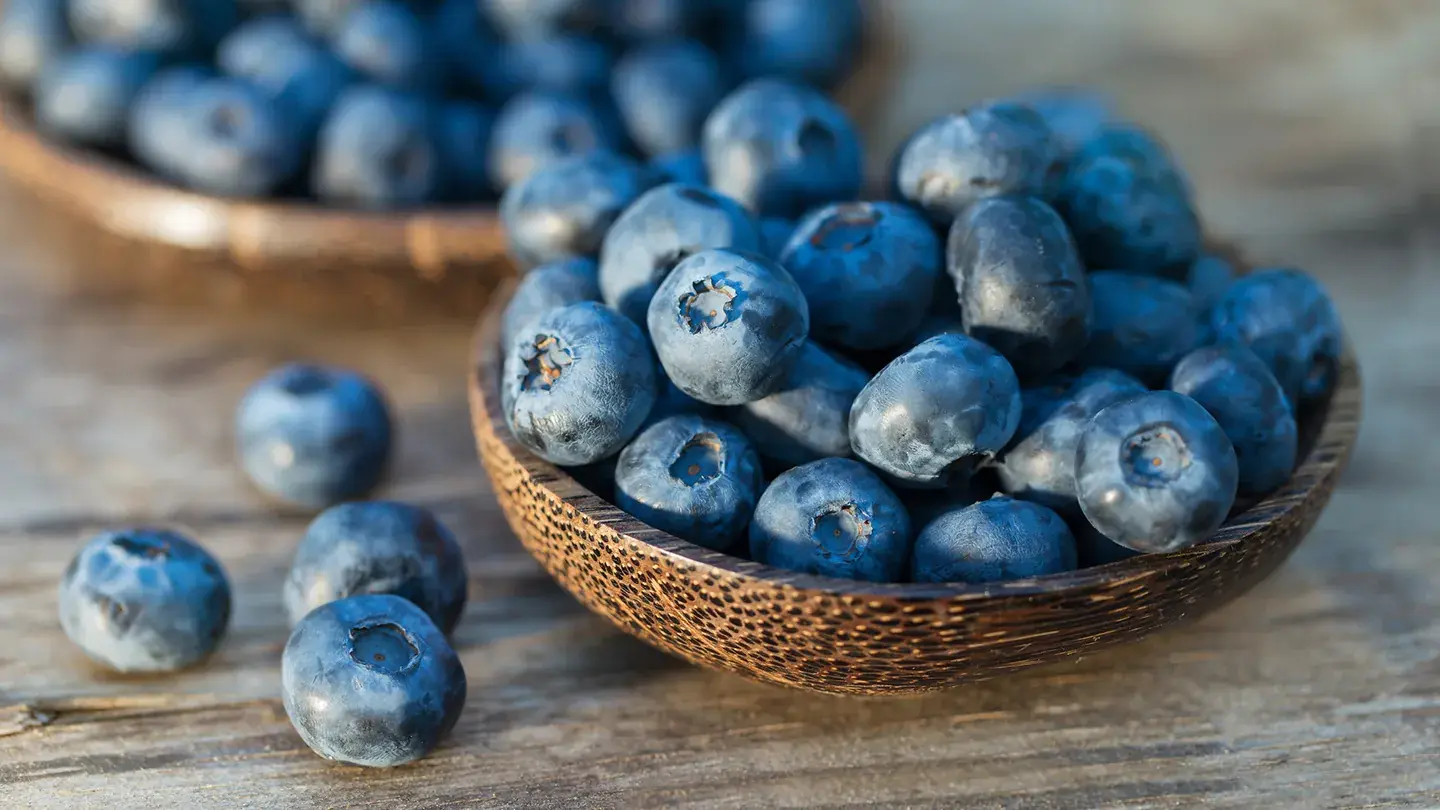
10 Ordinary Fruits With Amazing Health Benefits

More people are dying from heart failure, doctors warn: give up these 4 habits now
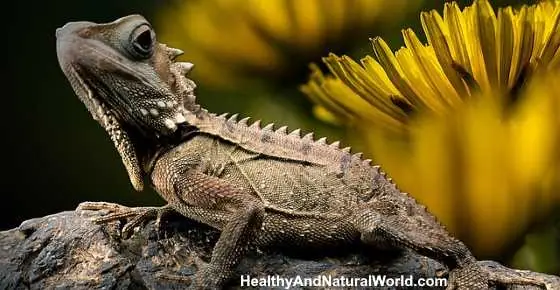
How to Get Rid of Lizards: Effective Natural Ways that Really Work

How to Keep Snakes Away: Effective Snake Repellents

Healthy Man Shares the Unexpected Bathroom Symptom That Exposed His Bowel Cancer
When 38-year-old Dave Paxton noticed his stool had turned darker than usual, he had no idea this small sign would lead to a devastating cancer diagnosis—one so rare that only 22 people in the world have ever had it.

Eat Sweet Potatoes Daily and See These 7 Sh0cking Changes On Your Body
Sweet potatoes contain resistant starch, a special carbohydrate that bypasses digestion in the small intestine. Instead, it ferments in the large intestine, promoting the release of hormones that signal satiety to the brain. T

Surprising Health Benefits of Chicken Feet That Will Change the Way You Eat
Chicken feet may not look glamorous, but their nutritional profile proves they deserve a place at your table.
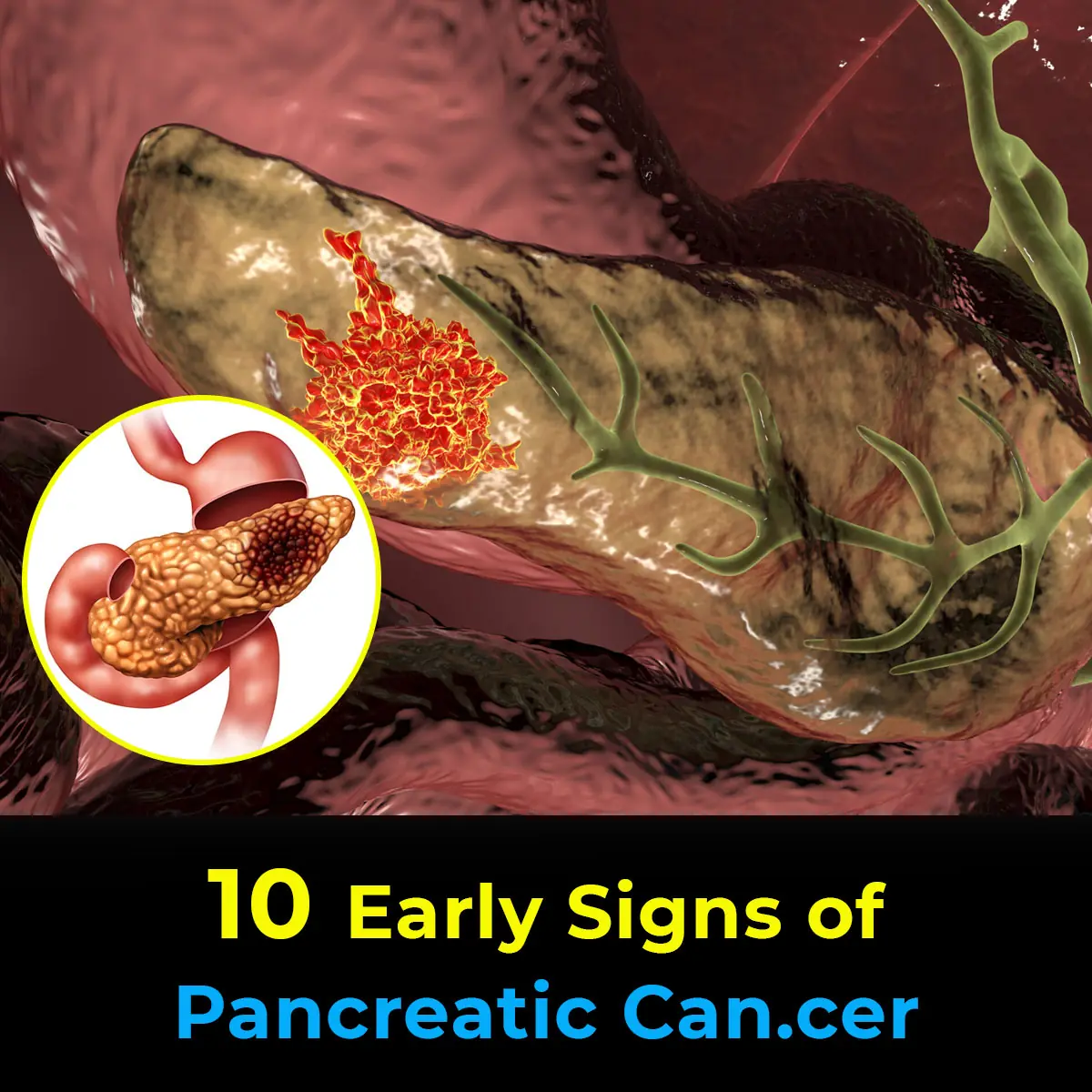
10 Early Signs of Pancreatic Cancer

5-Year-Old Loses Battle With Cancer — Doctors Reveal 5 Foods Parents Must Never Give Their Children

Surgeons Have Achieved The First-Ever Robotic Heart Transplant Without Any Chest Cuts

If Your Legs Cramp at Night You Need to Know This Immediately

All The Things You Need to Know About Nighttime Urination And When To Start Worrying
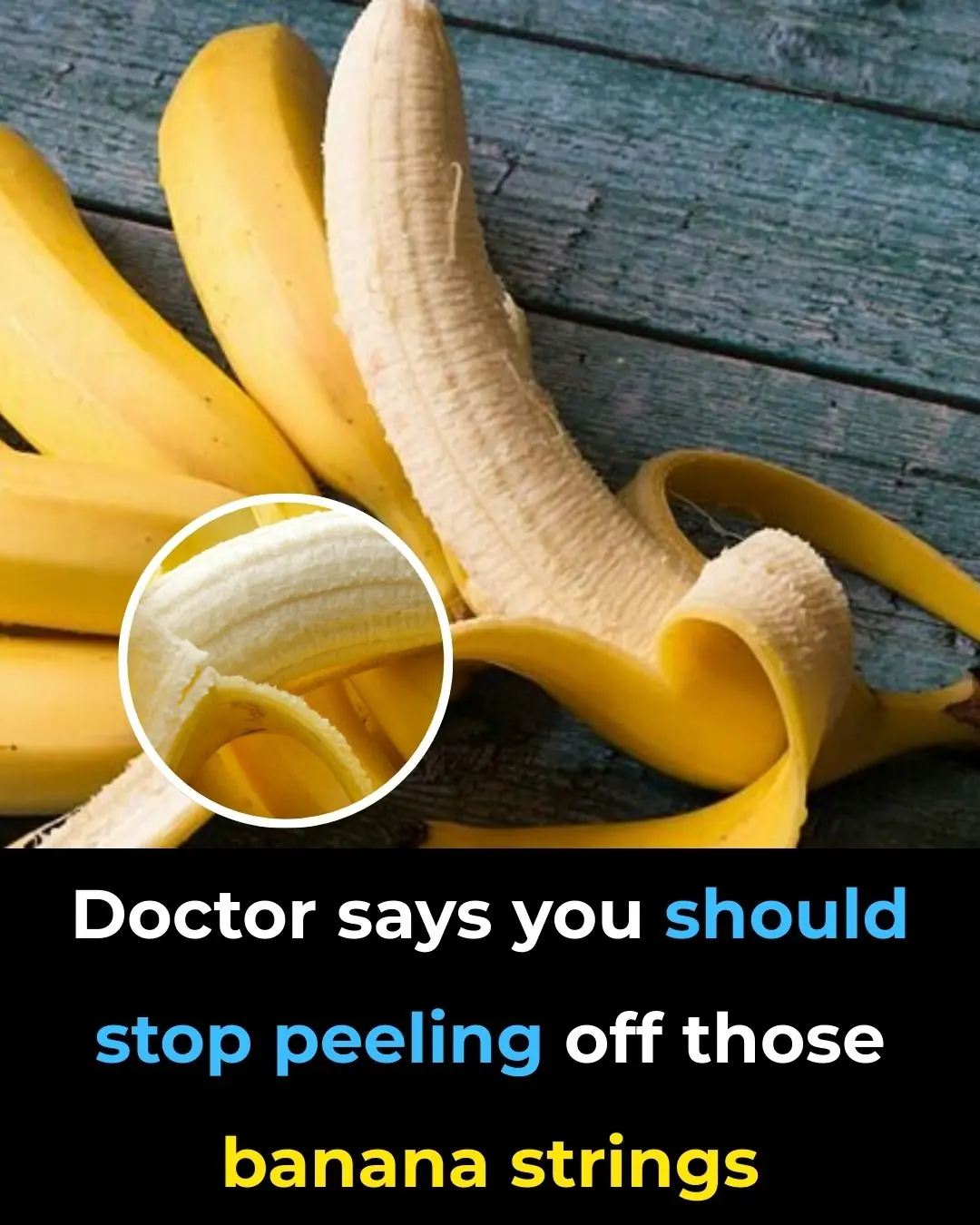
Doctor Says You Should Stop Peeling Off Those Banana Strings

Don’t Sleep With Your Pets: Doctors Reveal The Reason Why
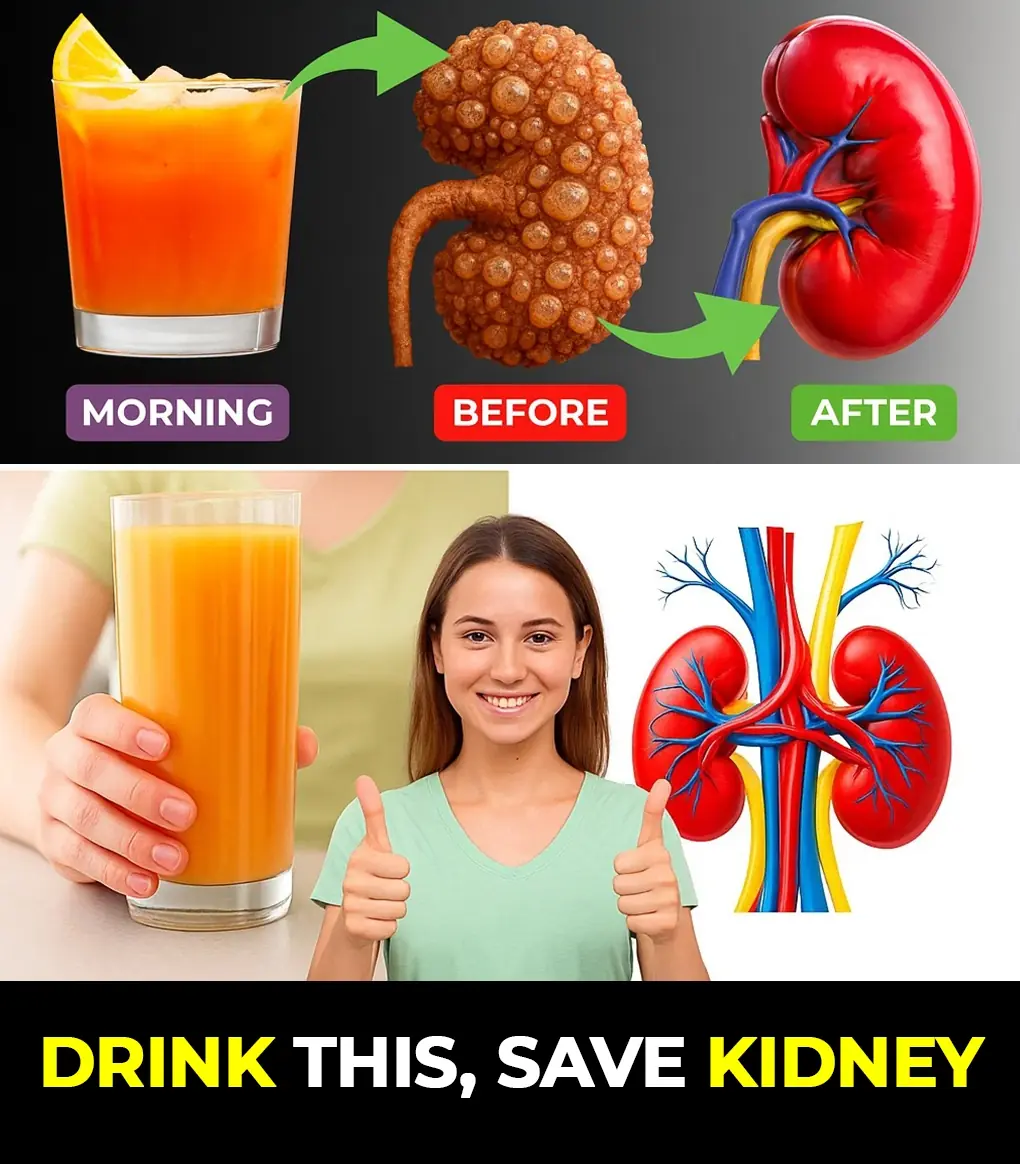
Morning Drinks That Supercharge Your Kidneys: 5 Natural Remedies Backed by Science
Your kidneys quietly work around the clock to filter waste, balance fluids, and regulate blood pressure—yet most people neglect them until problems arise. Starting your morning with simple, kidney-friendly drinks can protect these vital organs and set t

7 Alarming Signs of Nasopharyngeal Cancer You Should Never Ignore
Nasopharyngeal cancer often hides behind symptoms that look like common colds or allergies. Recognizing these early warning signs can make all the difference in timely treatment and recovery.
News Post

Woman employed by popular mobile network sues company after being 'forced' to do nothing for 20 years

Insane simulation shows crazy impact of eating popular superfood everyday has on your body

Discovery Warrants Critical Rethink of Phantom Limb Pain Treatment

Can UV Light Reduce Infections in Long-Term Facilities?

Secret tip: How to clean glossy tiles at home without spending a penny

If your air fryer is rusty: Just do this and the rust will be easily cleaned

The surprising benefits of coffee grounds, if you have them at home, never throw them away

Eating sweet potatoes in the morning: A small habit, but you'll be amazed by the huge benefits it brings.

Effective and simple ways to restore a non-stick pan without needing to replace it

When the water pipe is completely clogged, just pour this down and it will be solved easily, no need to waste money calling a plumber.

Do you need to unplug the rice cooker after the rice is cooked? The answer is surprising.
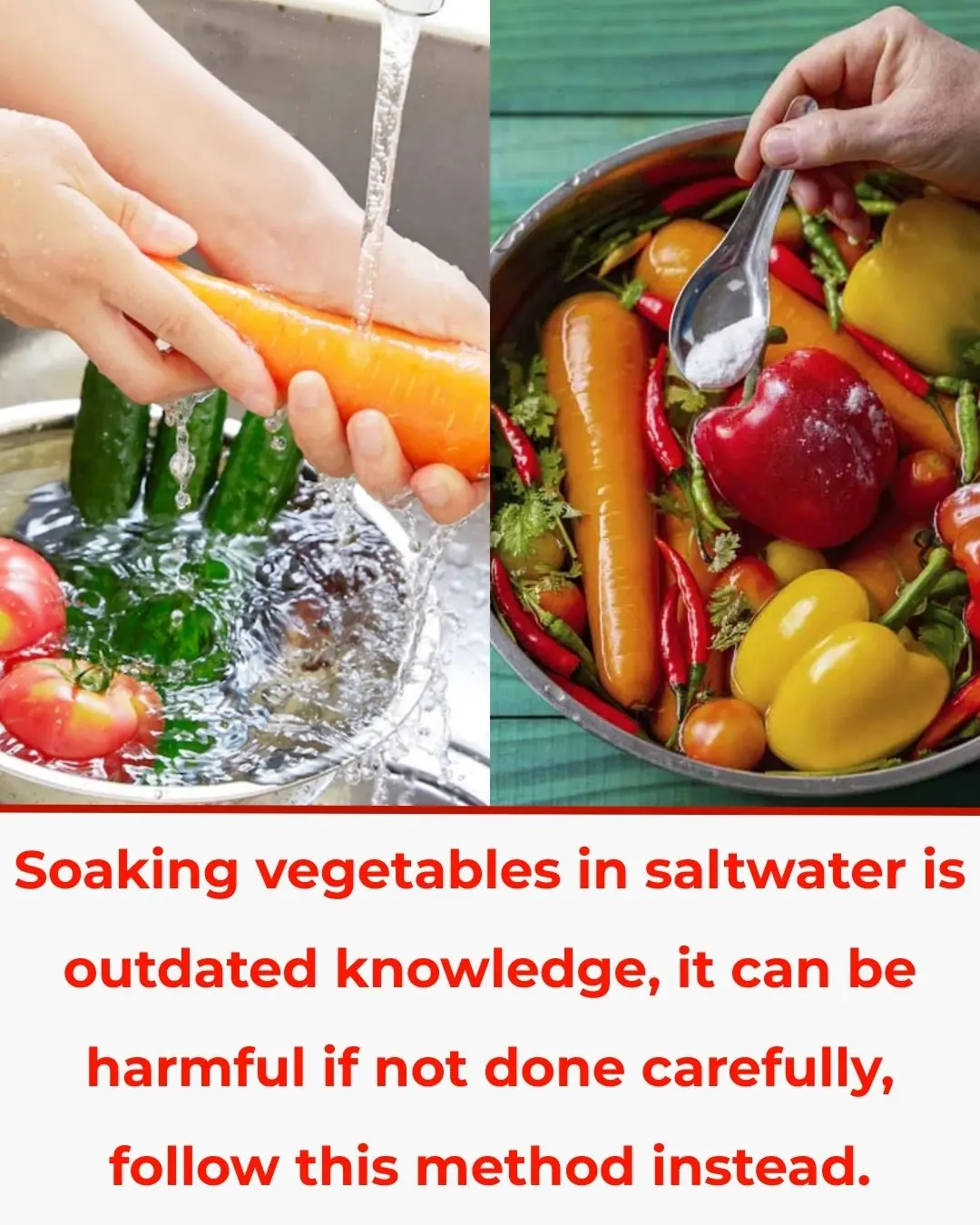
Why Soaking Vegetables in Saltwater Is Outdated

10 Ordinary Fruits With Amazing Health Benefits

More people are dying from heart failure, doctors warn: give up these 4 habits now

How to Get Rid of Lizards: Effective Natural Ways that Really Work

How to Keep Snakes Away: Effective Snake Repellents

This School Is Teaching Teen Girls Important Life Skills Like Changing Tires and Other Car Maintenance

Indiana Woman Arrested After Traveling To DC To Kidnap And Assassinate Trump

Healthy Man Shares the Unexpected Bathroom Symptom That Exposed His Bowel Cancer
When 38-year-old Dave Paxton noticed his stool had turned darker than usual, he had no idea this small sign would lead to a devastating cancer diagnosis—one so rare that only 22 people in the world have ever had it.